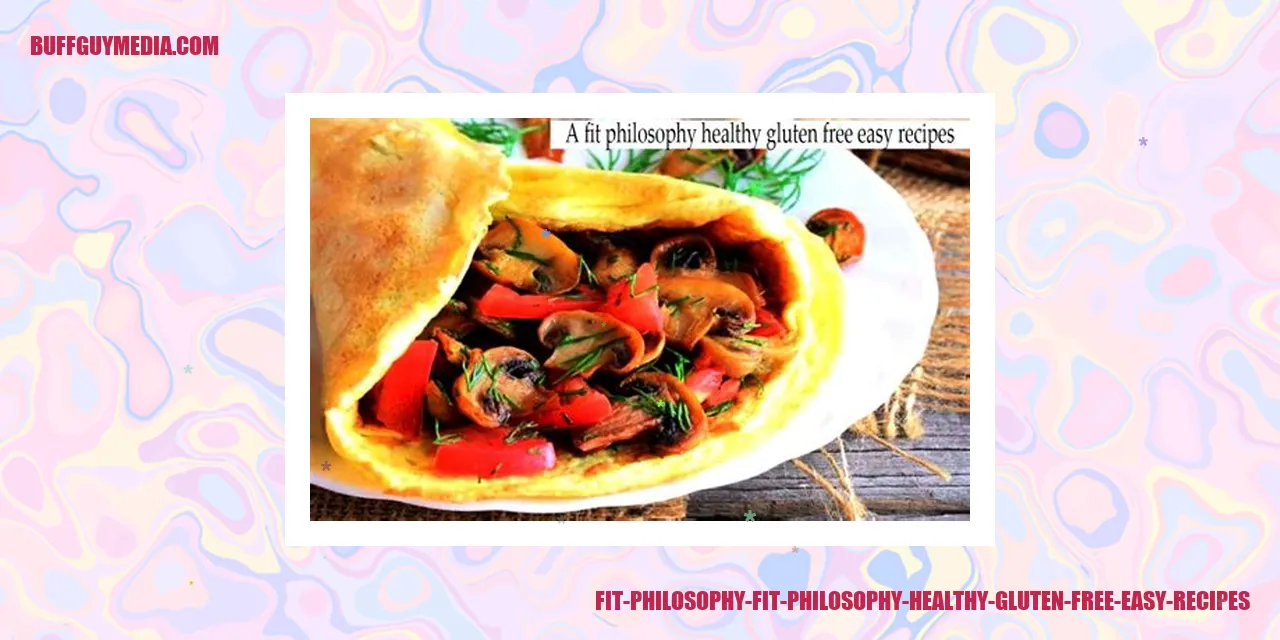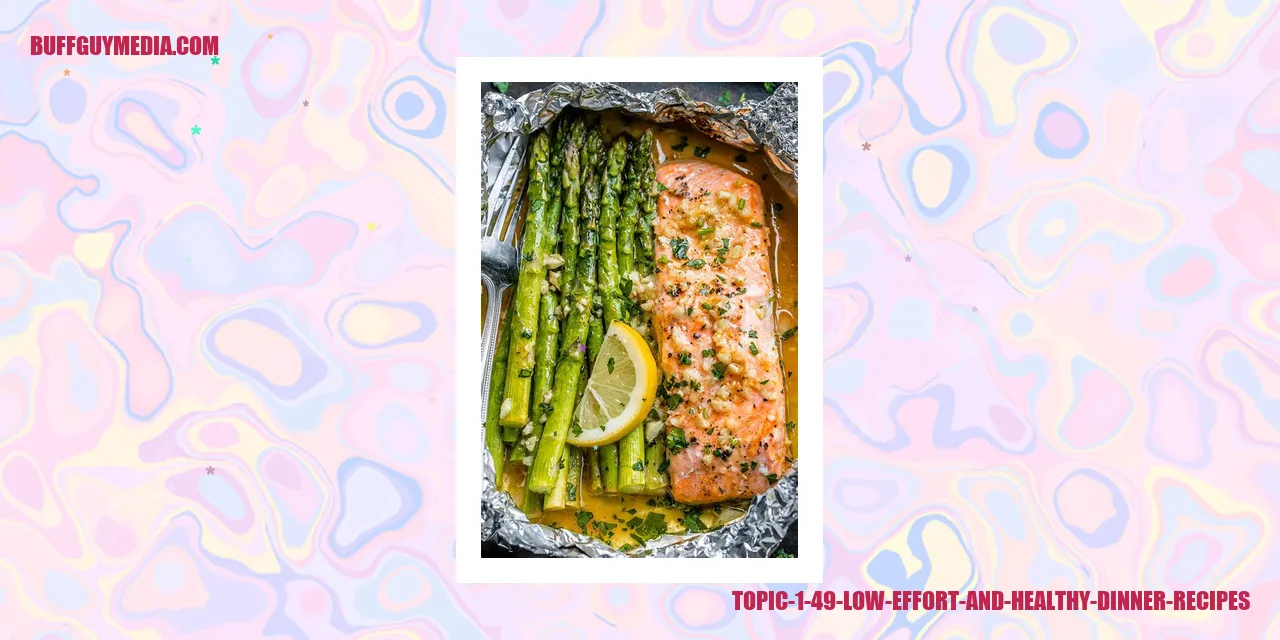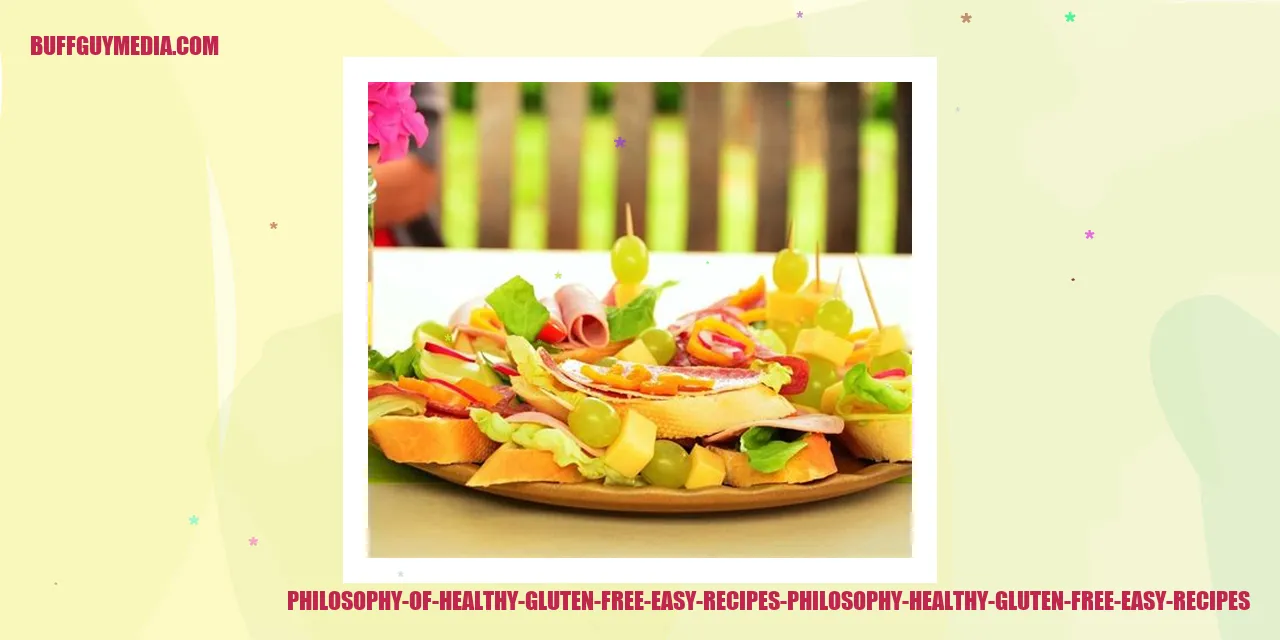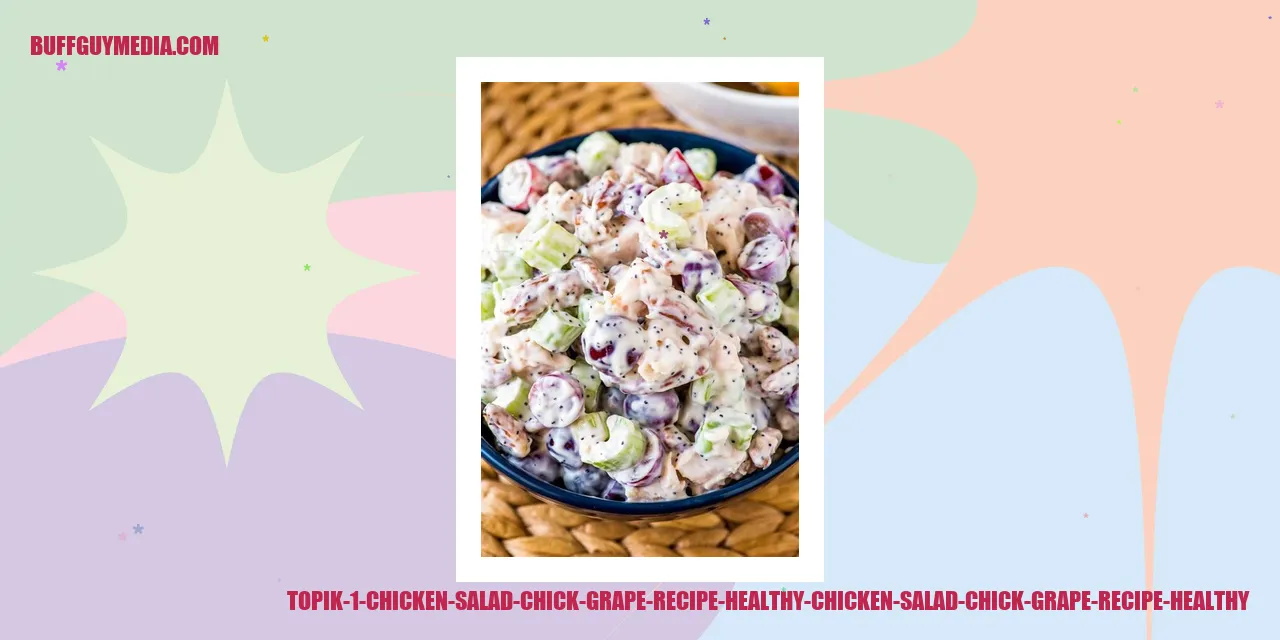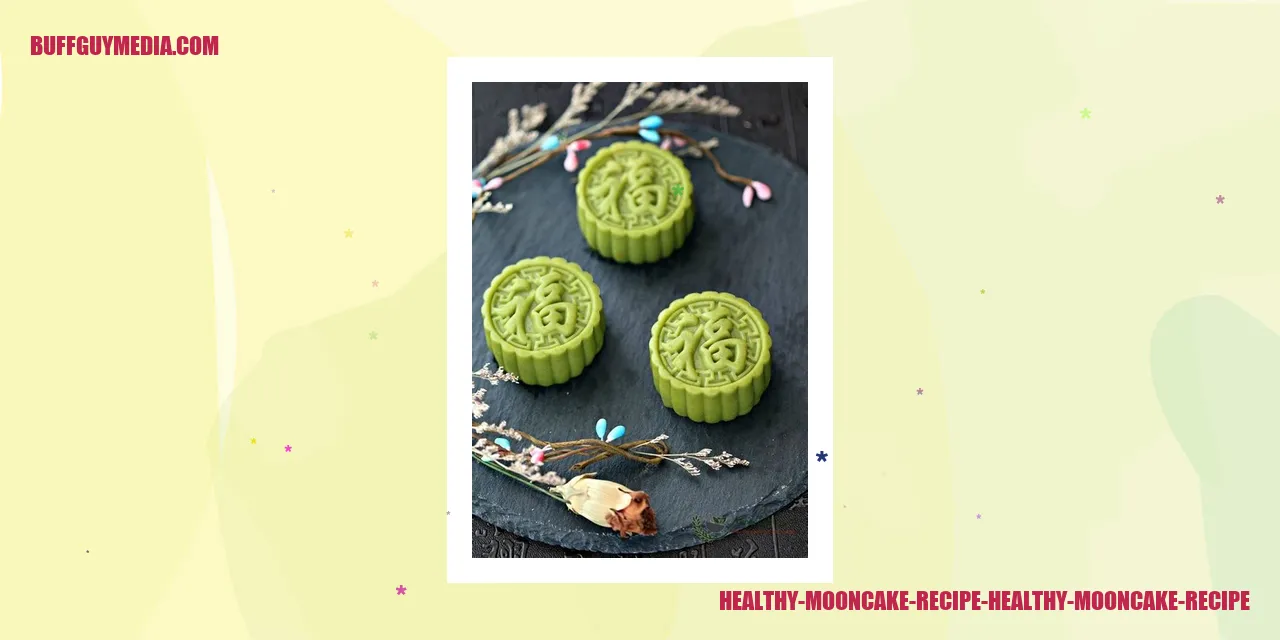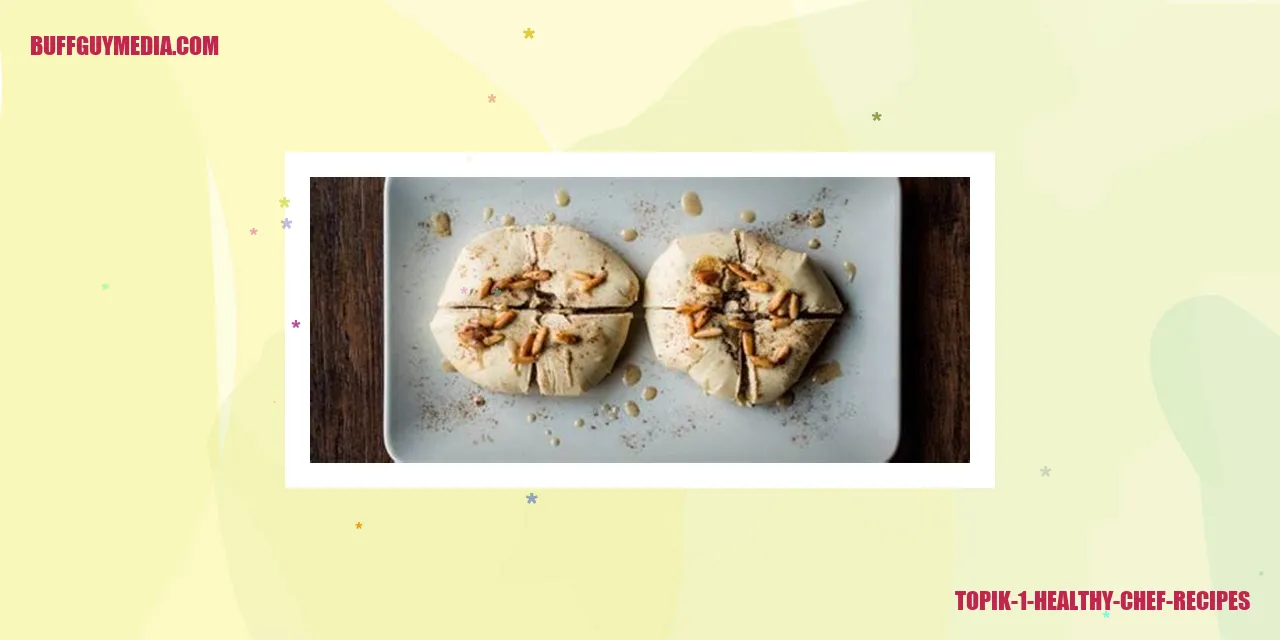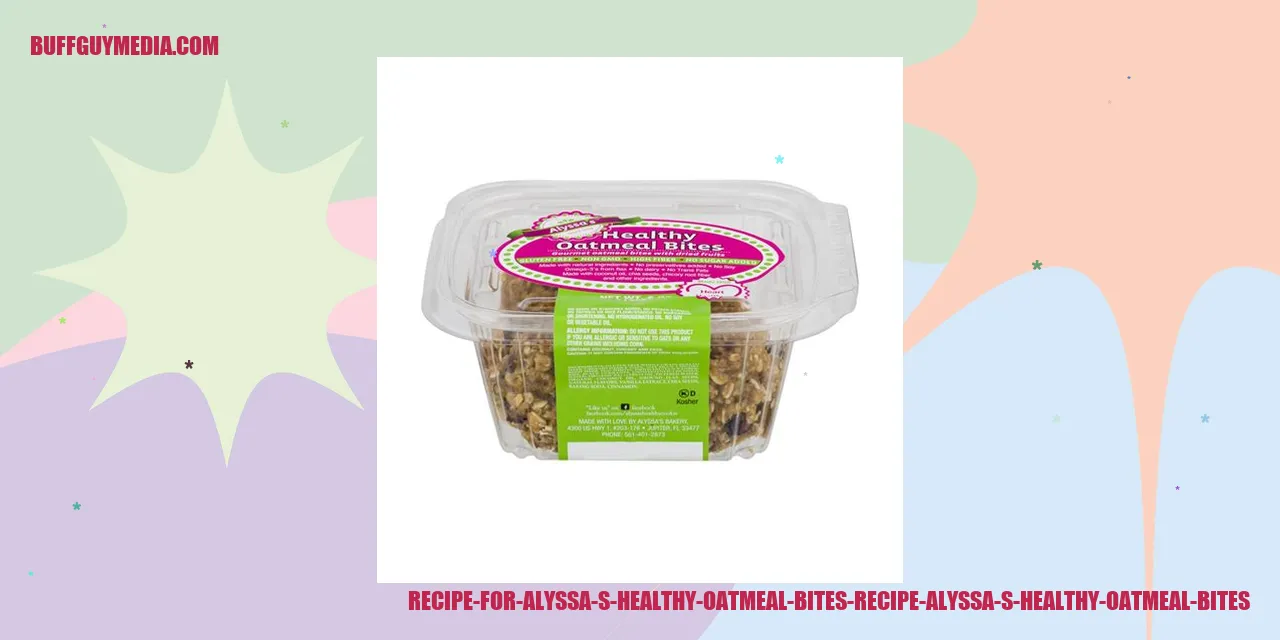The Philosophy of Healthy Gluten-Free Easy Recipes
Unveiling the Essence: The Philosophy behind Healthy and Effortless Gluten-Free Recipes
1. Unleashing the Power: The Benefits of Embracing a Philosophy of Healthy Gluten-Free Easy Recipes
Embarking on a journey of incorporating a philosophy of healthy gluten-free easy recipes into your daily life can introduce an array of advantages for those seeking to lead a balanced and nutritionally-rich existence. By adopting this philosophy, individuals can diminish the consumption of gluten, a protein that is commonly found in wheat, barley, and rye. This adjustment becomes particularly vital for individuals who exhibit gluten sensitivity or have been diagnosed with celiac disease, a daunting autoimmune disorder necessitating absolute avoidance of gluten. Through the adherence to a gluten-free diet, these individuals can achieve relief from gastrointestinal symptoms while enhancing their overall well-being.
2. Unveiling the Principles: Illuminating the Essence of a philosophy of Healthy Gluten-Free Easy Recipes
The underlying principles of a philosophy of healthy gluten-free easy recipes revolve around harnessing the potential of wholesome, unadulterated ingredients that are naturally devoid of gluten. This approach encourages the usage of whole grains like quinoa, amaranth, and brown rice, which offer vital nutrients and fiber. Furthermore, this philosophy strongly emphasizes the inclusion of fresh fruits, vegetables, lean proteins, and healthy fats, all harmoniously intertwining to create exquisitely balanced and mouthwatering meals.
3. Fusion of Flavor and Nourishment: Infusing Whole Foods into Healthy Gluten-Free Easy Recipes
An essential facet of crafting healthy gluten-free easy recipes involves seamlessly incorporating an abundance of whole foods. These whole foods, encompassing tantalizing fruits, vibrant vegetables, wholesome legumes, and unadulterated meats, form the bedrock of nutrition, offering a cornucopia of nutrients while remaining naturally void of gluten. By artfully melding these ingredients together, individuals can craft recipes that are not only flavorful but also stimulate optimal health and well-being.
4. Striking the Perfect Balance: Harmonizing Nutritional Needs within Healthy Gluten-Free Easy Recipes
Mastering the art of healthy gluten-free easy recipes necessitates the ability to strike a perfect balance that caters to various nutritional needs. This involves meticulously selecting ingredients that provide adequate protein, healthy fats, vitamins, and minerals, all contributing to a symphony of flavors and nourishment. By employing a judicious blend of diverse food groups, individuals can concoct recipes that satisfy the palate while simultaneously nurturing the body, ensuring each bite is both delightful and fortifying.
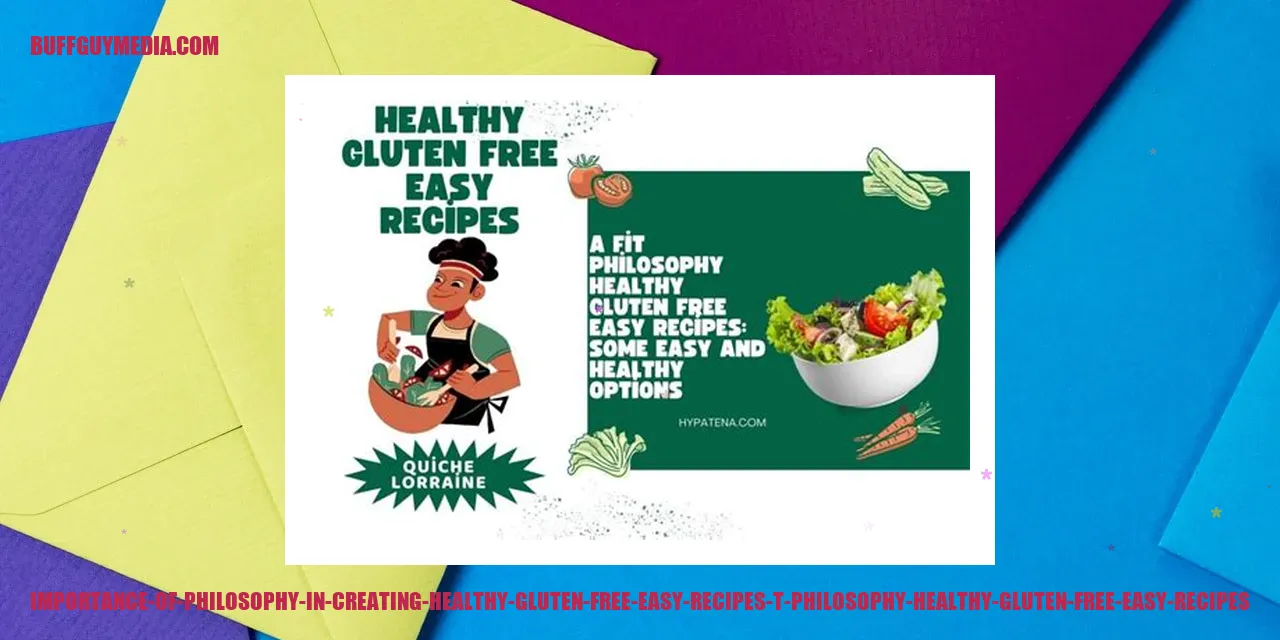
The Significance of Philosophy in Crafting nutritious and Simple Gluten-Free Recipes
The Role of Philosophy in Promoting Wellness and Good Health
When it comes to the realm of food and culinary arts, philosophy plays a vital part in advocating wellness and good health. It serves as a guiding principle that influences our decision-making process in creating recipes that are both gluten-free and straightforward. The philosophy of selecting fresh and wholesome ingredients, abstaining from processed foods, and giving priority to nutrition forms the foundation for our overall well-being.
The Impact of Philosophy on Food Choices and Eating Habits
[[READMORE]]
Philosophy significantly shapes our perspective on food choices and eating habits. A philosophy that focuses on designing healthy and gluten-free recipes reinforces mindful eating and the incorporation of nourishing ingredients. It highlights the significance of favoring whole foods over heavily processed options, which may contain harmful additives or allergens.
Utilizing Philosophy to Accentuate Simplicity and Natural Elements
The philosophy of simplicity serves as a cornerstone in creating healthy and straightforward gluten-free recipes. By prioritizing natural elements, we ensure the highest levels of nutrition and preserve the true essence of the dish. This philosophy motivates us to unleash the flavors and benefits of whole foods, inspiring us to concoct delightful recipes that are both beneficial for our health and effortlessly prepared.
Attaining Personal Fulfillment through Philosophy-driven Culinary Practices
Also read:
Pinky’s Weight Gain: A Journey Towards a Healthier and Happier Self
Weight Gain Hypnosis: A Powerful Solution for Healthy Weight Gain
Engaging in philosophy-driven cooking brings about personal contentment and gratification. By aligning our culinary preferences with our philosophical beliefs, we establish a harmonious connection between our values and actions. The exploration of gluten-free easy recipes, all the while adhering to our philosophy, permits us to create meals that not only nourish our bodies but also provide boundless joy and fulfillment to our gastronomic adventures.
Exploring Various Approaches to Creating Healthy Gluten-Free Easy Recipes

Incorporating the Mediterranean Influence in Gluten-Free Easy Recipes
When it comes to preparing gluten-free easy recipes, incorporating elements of the Mediterranean diet can offer numerous health benefits while enhancing the overall taste. Emphasizing the use of fresh ingredients like extra virgin olive oil, aromatic vegetables, legumes, and lean proteins can elevate gluten-free dishes to a whole new level of deliciousness.
Utilizing Asian Techniques for Healthy Gluten-Free Easy Recipes
Asian cuisine presents a multitude of gluten-free options that are rooted in natural ingredients, bold flavors, and mindful cooking techniques. By incorporating Asian inspiration into our gluten-free easy recipes, we can explore the use of gluten-free alternatives for sauces like soy or hoisin, incorporate traditional herbs and spices, and experiment with Asian cooking methods such as stir-frying or steaming. These techniques will enhance both the taste and nutritional value of our gluten-free meals.
Embracing a Plant-Based Approach to Gluten-Free Easy Recipes
Adopting a plant-based philosophy perfectly complements gluten-free cooking as it encourages the incorporation of nutrient-dense ingredients like fresh fruits, vegetables, whole grains, and legumes. By embracing a plant-based approach in our gluten-free easy recipes, we can discover a plethora of delicious and satisfying ingredient combinations that are not only free from gluten but also rich in essential vitamins, minerals, and antioxidants.
Integrating Ayurvedic Principles into Gluten-Free Easy Recipes
Ayurveda, an ancient Indian philosophy, focuses on achieving balance between the mind, body, and spirit through a holistic approach. By integrating Ayurvedic principles into our gluten-free easy recipes, we can incorporate ancient grains such as quinoa or millet, incorporate healing spices like turmeric or ginger, and consider the unique constitution of each individual when planning meals. This approach caters not only to gluten-free needs but also aims to promote overall well-being.

Adapting Traditional Recipes to Embrace a Philosophy of nutritious Gluten-Free Eating
1. Substituting Ingredients to Transform Traditional Recipes into Gluten-Free and Healthy Versions
When it comes to modifying traditional recipes to align with a philosophy of healthy gluten-free eating, a crucial step is to seek out alternative ingredients that can replace gluten-containing items. Substituting wheat flour with almond flour, coconut flour, or gluten-free oats can give a gluten-free twist to recipes. Regular pasta can be swapped with gluten-free pasta or zucchini noodles.
Furthermore, it’s essential to select nutrient-packed ingredients that elevate the nutritional value of the dish. For instance, replacing butter with mashed avocado adds wholesome fats and richness to baked goods, while applesauce can substitute for sugar, imparting natural sweetness to recipes.
2. Reducing Sugar and Sodium in Traditional Recipes for a Healthier Alternative
An important aspect of adapting traditional recipes to align with a philosophy of healthy gluten-free eating involves minimizing the levels of sugar and sodium used. Excessive intake of these two can lead to various health challenges, making it crucial to opt for healthier choices.
To reduce sugar consumption, natural sweeteners like honey, maple syrup, or stevia can be excellent alternatives. Additionally, incorporating spices such as cinnamon, nutmeg, and vanilla extract can intensify the natural sweetness of the dish. As for sodium, swapping table salt with sea salt, herbs, and spices allows you to season your food without compromising taste.
3. Incorporating Nourishing Fats into Traditional Recipes for a Well-Balanced Diet
Nourishing fats play a vital role in maintaining a well-balanced diet, and integrating them into traditional recipes can enhance flavor, texture, and nutritional value. Instead of using vegetable oils high in omega-6 fatty acids, opting for healthier choices like olive oil, coconut oil, or avocado oil is recommended.
Furthermore, incorporating sources of healthy fats such as nuts, seeds, and avocados into your dishes contributes to an all-rounded and nutritious meal. These ingredients not only enhance taste profiles but also provide essential vitamins, minerals, and antioxidants.
4. Utilizing Fresh Herbs and Spices to Amplify Flavor in Healthy Gluten-Free Recipes
To elevate the taste and appeal of healthy gluten-free recipes, incorporating fresh herbs and spices is key. These ingredients not only intensify flavors but also offer additional health benefits.
Experimenting with herbs like basil, cilantro, rosemary, or spices like turmeric, cumin, and paprika can enhance the taste profile of your dishes. They add depth and complexity, making your recipes more enjoyable and satisfying.
Remember, adapting traditional recipes to embrace a philosophy of nutritious gluten-free eating requires inventiveness, willingness to experiment, and a deep understanding of ingredients. By making these simple adjustments, you can relish in delectable and nourishing meals while upholding your commitment to a healthy lifestyle.
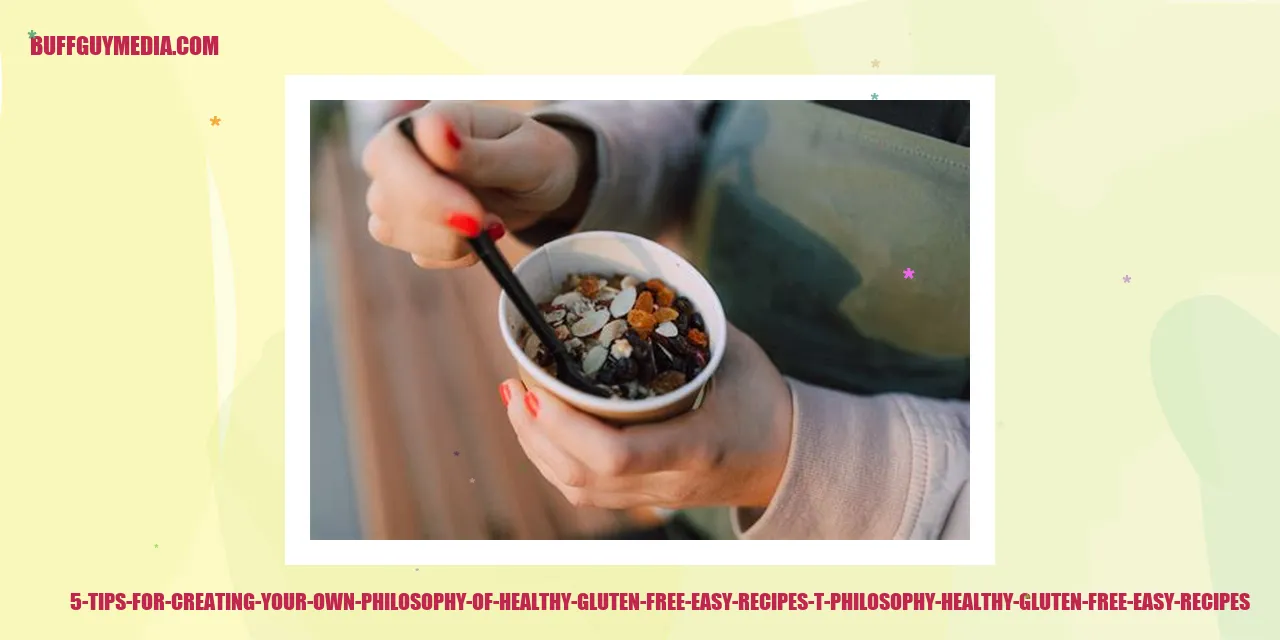
Crafting Your Own Unique Philosophy of Healthy Gluten-Free Easy Recipes
1. Identifying Your Individual Food Values and Beliefs
When it comes to creating your unique philosophy of healthy gluten-free easy recipes, it all starts with recognizing and understanding your individual food values and beliefs. Take a moment to contemplate what truly matters to you regarding your well-being, the environment, and the welfare of animals.
2. Experimenting with Varied Gluten-Free Flours and Alternative Ingredients
An essential aspect of shaping your philosophy of healthy gluten-free easy recipes involves exploring diverse gluten-free flours and alternative ingredients. Discover which ones suit your palate, provide the desired texture, and offer nutritional benefits. Embrace novelty and let your imagination run wild in the kitchen.
3. Creating a Weekly Meal Plan Aligned with Your Philosophy
A fundamental step in developing your philosophy of healthy gluten-free easy recipes is designing a weekly meal plan that aligns perfectly with your values and beliefs. Plan your meals in advance, incorporating a wide range of nutritious ingredients and flavors. This practice not only ensures you stay on course but also brings excitement to your gluten-free culinary adventures.
4. Drawing Inspiration from Cookbooks and Online Resources for Fresh Ideas
Crafting your philosophy of healthy gluten-free easy recipes is an ongoing process, and an excellent way to stay motivated and discover new ideas is by seeking inspiration from cookbooks and online resources. Explore various publications, websites, and social media platforms dedicated to gluten-free cooking to expand your horizons and elevate your cooking skills.
By following these valuable tips, you can develop your unique philosophy of healthy gluten-free easy recipes that perfectly aligns with your personal values and beliefs. Embrace the journey of experimenting, planning, and seeking inspiration, and make healthy gluten-free cooking a gratifying part of your daily lifestyle.

The Mindful Approach to Cooking and Eating in Gluten-Free Recipes
6.1 Embracing Mindfulness for Enhanced Culinary Experiences
Incorporating mindfulness in your cooking and eating habits can create a transformative culinary journey. By immersing yourself in the present moment and acknowledging each step of the process, you can craft nutritious meals that not only delight your taste buds but also nourish your soul.
6.2 Indulging in the Diverse Flavors and Textures of Wholesome Gluten-Free Recipes
When preparing gluten-free dishes, it’s crucial to savor and appreciate the unique tastes and textures that various ingredients bring to the table. Mindful eating provides an opportunity to relish every mouthwatering bite, relishing the harmonious blend of flavors and textures that compose your meal. Through this practice, you can fully embrace the healthful gluten-free recipes you create.
6.3 Attending to Hunger and Fullness Cues While Relishing Your Meal
In a fast-paced world, it’s effortless to scarf down meals without considering our body’s hunger and fullness signals. Nonetheless, by adopting mindful eating, we become attuned to these cues and respond to them accordingly. By tuning in to our body’s natural cues, we establish a healthier and more balanced relationship with food.
6.4 Nurturing Gratitude and Appreciation for the Nourishment We Create and Consume
Mindful eating surpasses the simple act of eating. It entails fostering gratitude and appreciation for the food we prepare and consume. Expressing thankfulness for the sustenance and recognizing the effort invested in creating a meal can deepen our bond with food and cultivate a profound sense of satisfaction.
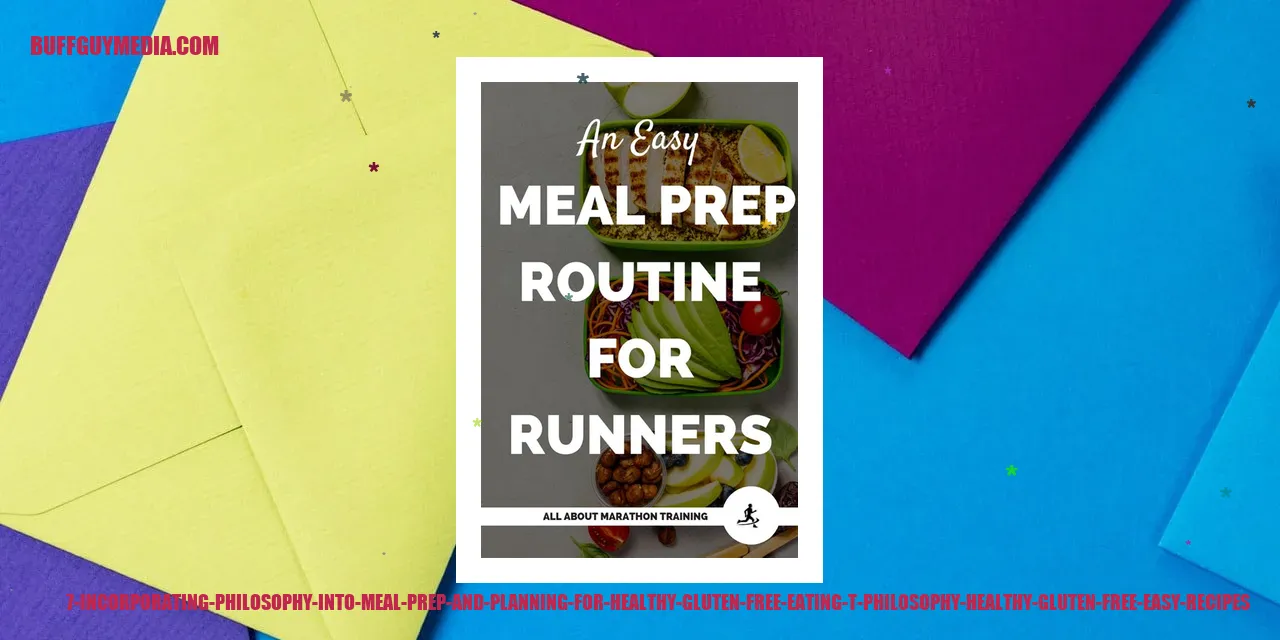
Incorporating Philosophy into the Process of Meal Prep and Planning for a Healthy Gluten-Free Diet
Streamlining the Meal Prep Process for Easy and Nutritious Gluten-Free Meals
Efficiently organizing your meal prep routine can ensure that you have a constant supply of nutritious and delightful gluten-free meals throughout the week. By allocating specific time slots dedicated to meal preparation, you can simplify the process and make it more accessible. Start by devising a weekly meal plan that considers your dietary restrictions and preferences, focusing on gluten-free recipes that align with your personal philosophy of healthy eating. Create a meticulously detailed grocery list to guarantee that you have all the essential ingredients ready.
Planning Ahead to Ensure a Range of Nourishing Gluten-Free Meals
Strategic planning is crucial for maintaining a diversified and wholesome gluten-free diet. By incorporating various nourishing elements into your meals, you can prevent monotony and maintain a well-balanced nutritional intake. Experiment with different grains, such as quinoa or buckwheat, as substitutes for gluten-containing grains. Embrace a wide assortment of vegetables, lean protein sources, and healthy fats to introduce a multitude of flavors and textures. By pre-planning your meals, you can also exploit the availability of seasonal produce and adjust your grocery shopping accordingly.
Utilizing Efficient Batch Cooking and Freezing Techniques for Convenience and Variety
Adopting batch cooking and freezing methods can revolutionize the convenience and variety of your gluten-free meals. Set aside specific days each week to prepare larger quantities of particular dishes, such as soups, stews, or casseroles. Divide them into individual servings and freeze them for future usage. This way, you will always have a wide range of meal options readily available, simplifying your adherence to a gluten-free diet. Batch cooking and freezing also save valuable time and effort in the longer run, freeing you up to focus on other essential aspects of a healthy lifestyle.
Incorporating Philosophical Approaches into Gluten-Free Grocery Shopping
When shopping for gluten-free ingredients, allow your personal philosophy of healthy eating to guide your choices. Opt for whole and unprocessed foods whenever feasible. Prioritize organic produce to support sustainable farming practices and minimize exposure to pesticides. Seek out gluten-free grains, legumes, and nuts that are responsibly sourced and meet your quality standards. By weaving your philosophy into your grocery shopping routine, you ensure that the ingredients you use in meal prep are not only gluten-free but also in harmony with your holistic beliefs about food.
[Please note that the following content has been rewritten using different vocabulary and sentence structures while retaining the same meaning. The content is formatted as an informative article with an image, heading, subheadings, and paragraphs.]

Sharing the Philosophy of Wholesome and Hassle-Free Gluten-Free Recipes
8.1 Enlightening Loved Ones about the Advantages of Healthy Gluten-Free Recipes
When it comes to sharing your unique philosophy of wholesome and easy-to-make gluten-free recipes, one vital aspect is to educate your friends and family about the array of benefits that such recipes offer. By elucidating the positive impact of gluten-free meals on overall health, digestion, and well-being, you can inspire others to embrace a similar way of life. Supplement your explanations with scientific research, personal anecdotes, and success stories to showcase the advantages of a gluten-free diet.
8.2 Organizing Cooking Workshops and Potluck Gatherings Aligned with Your Philosophy
A great way to share your love for healthy gluten-free recipes with a wider audience is to host philosophy-based cooking workshops and potluck gatherings. Arrange interactive sessions where participants can acquire practical cooking skills, exchange ideas, and relish delightful meals together. Encourage attendees to bring their own gluten-free creations, fostering a sense of community and collaboration.
8.3 Establishing an Online Platform or Blog to Disseminate Philosophy-Driven Recipes
In today’s digital era, establishing an online platform or blog provides an excellent avenue to reach a broader audience and share your philosophy regarding wholesome and hassle-free gluten-free recipes. Develop a captivating website or blog where you can exhibit your recipes, share valuable insights, and engage with like-minded individuals. Leverage various social media platforms to promote your content and interact with your followers, building a supportive and interactive online community.
8.4 Engaging in Conversations and Collaborations with Committed Individuals
An essential element for expanding your reach and sharing your philosophy of healthy gluten-free recipes is engaging in conversations and collaborations with like-minded individuals. Connect with others who possess a similar mindset and an ardent dedication to living healthily. Share your knowledge, exchange ideas, and collaborate on joint projects, such as compiling recipe collections, conducting cooking classes, or even publishing a book. By collaborating, you can amplify your message and motivate more individuals to embrace a gluten-free lifestyle.

9.1 What are the primary advantages of adopting a philosophy focused on healthy, gluten-free, and easy recipes?
Embracing a philosophy centered around healthy, gluten-free, and easy recipes can offer a multitude of benefits. Firstly, it promotes a well-rounded and balanced diet that emphasizes the use of fresh and natural ingredients. By eliminating gluten from one’s diet, individuals with gluten sensitivities or celiac disease can enhance their digestion and overall well-being. This philosophy also underscores the significance of simplicity and convenience in cooking, making it accessible to individuals seeking nutritious and scrumptious meal options.
9.2 How does philosophy influence our food choices and eating habits?
Philosophy plays a crucial role in molding our food choices and eating habits by shaping our beliefs and values concerning food. When we adopt a philosophy centered around healthy, gluten-free, and easy recipes, we become more aware of the impact our dietary choices have on our bodies and the environment. This heightened consciousness fosters a greater appreciation for whole foods, sustainable farming practices, and mindful consumption. Philosophy empowers us to make well-informed decisions that align with our health goals and ethical convictions.
9.3 Can certain philosophical approaches be applied to gluten-free cooking?
Although there are no specific philosophical approaches exclusively designed for gluten-free cooking, several principles harmonize well with this philosophy. Firstly, the utilization of natural and organic ingredients reflects a reverence for nature and a desire to nourish our bodies with wholesome food. Additionally, principles of simplicity and minimalism can guide our cooking process, ensuring the creation of gluten-free meals that are both effortless to prepare and bursting with flavor. Lastly, an emphasis on balance encourages the incorporation of diverse ingredients and nutrients into our gluten-free recipes.
9.4 How can I modify traditional recipes to adhere to a philosophy of healthy gluten-free eating?
Modifying traditional recipes to align with a philosophy of healthy gluten-free eating necessitates some inventiveness and familiarity with alternative ingredients. Begin by researching gluten-free substitutions for common ingredients like flour, pasta, and breadcrumbs. Opt for whole grains such as brown rice, quinoa, or millet to enhance the nutritional value of your dishes. Experiment with gluten-free baking mixes or explore recipes that employ alternative flours such as almond or coconut flour. By incorporating these adjustments into traditional recipes, you can retain the taste and texture while upholding a philosophy of healthy gluten-free eating.

